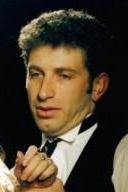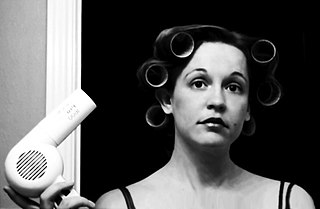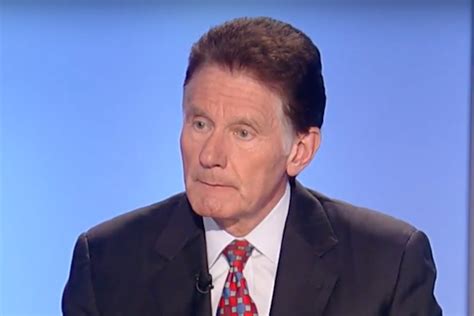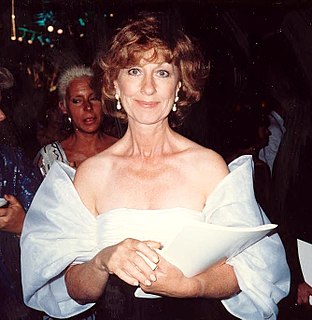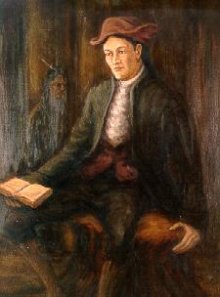A Quote by Mark Ivanir
I can work on stage. I've done it before. But the parts that were better for me were smaller, not as projected as theater should be in many cases.
Related Quotes
The headmistress was a very well-respected theater teacher. She taught me what stage left and stage right were, what a director was, and what all these things meant, which was something I had no concept of. She sent me off to drama school, at age 18, and I stayed there for three years. Before I knew it, I was working on a TV show.
On 'The Spy Who Dumped Me,' it wasn't fear as much as it was feeling overwhelmed because there were so many moving parts. But I felt that I knew what I was doing. And on a movie like this, there's so much preparation that goes into it that by the time you were there, you had done months of planning.
I had many, many mentors that I worked with. Music teachers, choir directors, directors in summer stock or in regional theater. You know, people I was able to work with repeatedly and learn from who were really sort of appropriate people for me to work with at a given time in my development as an actor.
I think my soul never was in such an agony before. I felt no restraint, for the treasures of divine grace were opened to me. I wrestled for absent friends, for the ingathering of souls, for multitudes of poor souls, and for many that I thought were the children of God, in many distant places. I was in such an agony, for half an hour before sunset, till near dark, that I was all over wet with sweat: but yet is seemed to me that I had wasted away the day, and had done nothing. Oh!, my dear Savior did sweat blood for poor souls!
There is a problem on the so-called commercial stage in New York. The price of a ticket is exorbitant, and there are no longer original productions possible, apparently, on the commercial stage. They are all plays that were taken from either England or smaller theaters, off-Broadway theaters, and so on. The one justification there used to be for the commercial theater was that it originated everything we had, and now it originates nothing. But the powers that be seem perfectly content to have it that way. They don't risk anything anymore, and they simply pick off the cream.
The years of the Great Depression were a superb time for economists because people not knowing what could be done or what should be done would always assume that maybe an economist had the answer. If you were just a lawyer in Washington, you were nobody. But if you were an economist, you might have the answer.
